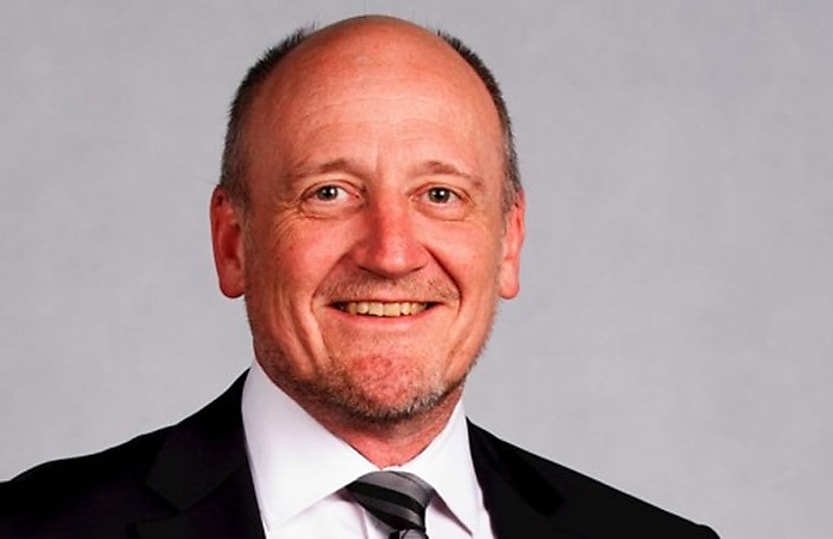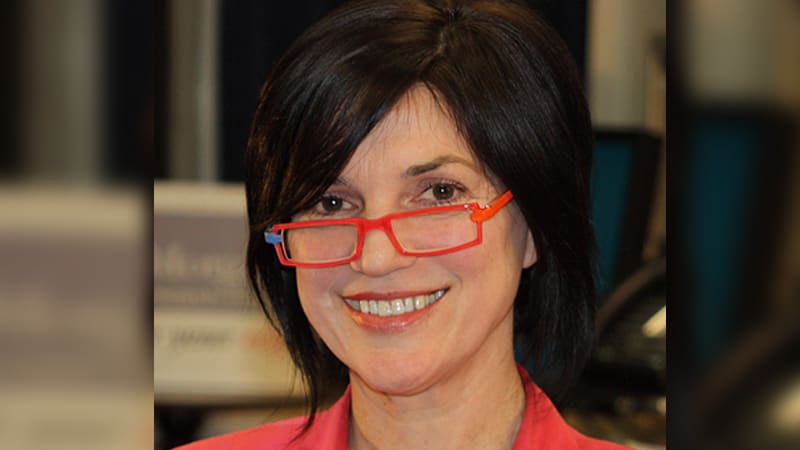Super fund satisfaction declines, but TBC rule ‘a watershed’

A volatile share market and rates rises have hit member confidence, but data suggests the biggest blow to voluntary savings was the introduction of the transfer balance cap.
Self-managed super funds have the highest level of satisfaction among members at 75 per cent, well ahead of retail, industry and even public sector funds, the latest research from Roy Morgan shows.
However, overall satisfaction with all funds has declined from a record high one year ago to hit its lowest level in two years and APRA data suggests the high water mark for SMSF contributions was six years ago, before the introduction of the transfer balance cap (TBC).
Research by Rainmaker Information finds the TBC, which limited the amount of tax-free retirement savings to $1.6 million, had a huge impact on the direction of savings, with voluntary contributions plummeting 60 per cent post 2017.
“The TBC profoundly changed the nature of the SMSF superannuation segment. It took the segment two years to regain composure after the 2017 tax shock and start growing again,” said executive director of research and compliance at Rainmaker Information Alex Dunnin.
The data comes as the government proposes doubling the tax to 30 per cent on total super balances above $3 million in a move that has drawn widespread criticism from the tax profession.
The TBC imposed a 15 per cent levy above the limit, which is indexed and expected to rise soon to $1.9 million.
Some reports suggest the government will ditch indexing of the TBC and the proposed $3 million total balance threshold is not due to be indexed and will everntually impact one in 10 fund members, according to some estimates.
Rainmaker research revealed contribution amounts have never recovered to their pre-2017 levels, citing APRA figures showing SMSF members contributed $15 billion in 2021-22 compared to $38 billion in 2016-17.
Rainmaker said employer contributions into SMSFs had remained stable through the period but voluntary top-up member contributions had plummeted.
At the same time the number of SMSFs established each year fell one-third in 2018 and 2019, from about 30,000 per year to about 20,000 per year.
“There was a recovery in SMSFs being established in 2020-21 although in 2021-22 SMSF establishments fell away again,” said Dunnin. “The net effect is that the total number of SMSFs is still increasing, but the rate is slowing.”
Another effect post-2017 was a doubling in the amounts transfered out of SMSFs, from $5 billion to $10 billion per annum.
Mr Dunnin said there was still a net inflow of money into SMSFs but members had switched over wholesale from pension payments to lump sums.
“In 2017 just 14 per cent were paid as lump sums, but this ratio has tripled to 42 per cent by 2022,” he said.
“SMSF members no longer seem to see their funds as the place to put their member contributions, but they clearly still see them as a very good place to store vast amounts of family-owned superannuation wealth.”
Despite having more satisfied members, SMSF funds under management have grown more slowly – by 5.8 per cent a year – than the rest of the superannuation market at 6.6 per cent a year.
The Roy Morgan research showed that confidence in the entire sector had wained thanks to share market volatility and fund mergers.
Overall satisfaction with super funds fell by 5.4 percentage points compared with January 2022, led by a decline in retail funds.
Satisfaction with retail funds dropped 5.6 percentage points to 61.3 per cent and rate lowest, below industry funds on 67.9 per cent, which plummeted 6.3 percentage points.
Public sector funds stood on 73.4 per cent satisfaction rating (down 5.7 percentage points) while SMSFs retained top spot at 74.7 per cent (down 5.3 percentage points).
The period covered by the Roy Morgan ratings – September 2022 to February 2023 – included five interest rates increases but its survey would fail to reflect any impact of the governments $3 million balance cap proposal.
Roy Morgan CEO Michele Levine said interest rate rises, volatility in the ASX 200 and a run of mergers among super funds were chiefly responsible for the decline in satisfaction ratings.
“The drop in customer satisfaction from a year ago has occurred as the ASX 200 experienced a period of volatility since mid-2021,” she said. “There have been declines across all categories from the record highs.
“As well as dealing with a volatile share market, many superannuation funds have merged or announced their intention to merge. One of the key messages coming through from these mergers is the importance of communication and a smooth transition process for members throughout.”
She said despite the fall in overall satisfaction to 66.6 per cent, it remained well above the long-term average of 57.9 per cent and higher than at any point prior to 2021.

But she said the industry faced a rocky road ahead.
“Looking forward the market faces a challenging environment with inflation at a 32-year high of 7.8 per cent in the year to December 2022 while the RBA has increased official interest rates by 3.5 per cent points in under a year to 3.6 per cent – the highest for over a decade since mid-2012.
“As well as high inflation and interest rates there is also emerging instability within the US and European financial industries in recent weeks following the sudden bankruptcies of two mid-sized US banks – Silicon Valley Bank and Signature Bank – and the bailout of giant Swiss bank Credit Suisse.”
“As the industry continues to consolidate in the years ahead, we are set to see more such mergers and acquisitions as the larger players look to increase the amount of assets they have under management in an increasingly competitive industry.
“The premium on maintaining a high degree of customer satisfaction and providing better investment returns will only increase.”
Roy Morgan said the highest placed retail fund was Macquarie, followed by MLC, OnePath, Colonial First State, Suncorp, Mercer and AMP.
Unisuper and HESTA had the highest satisfaction ratings among industry funds ahead of AustralianSuper, HOSTPLUS, Australian Retirement Trust, REST Super, Cbus, Catholic Super and CARE Super.
About the author







